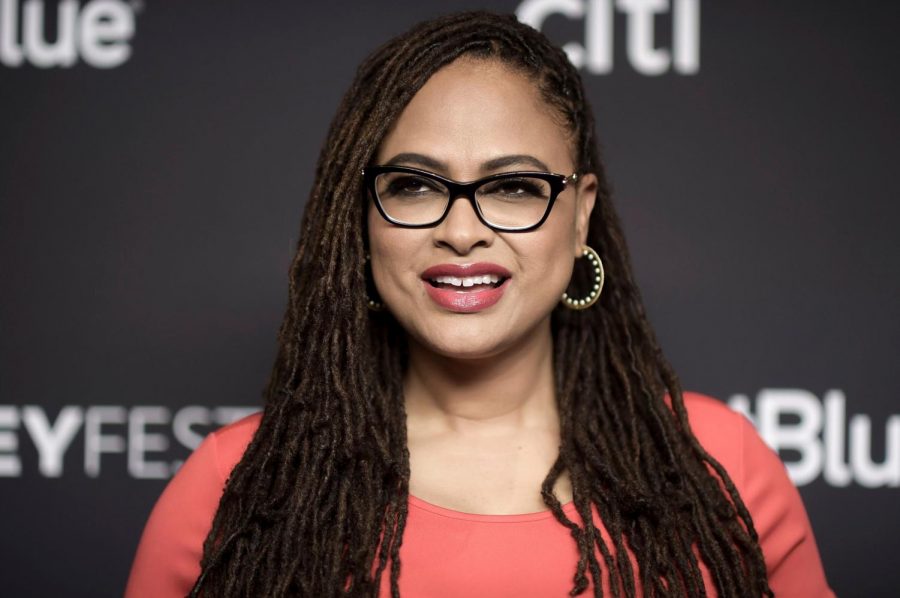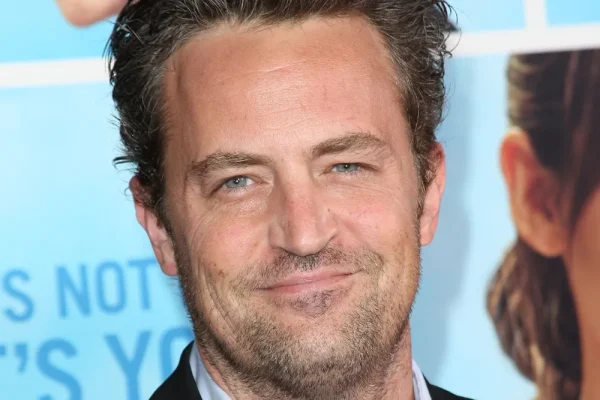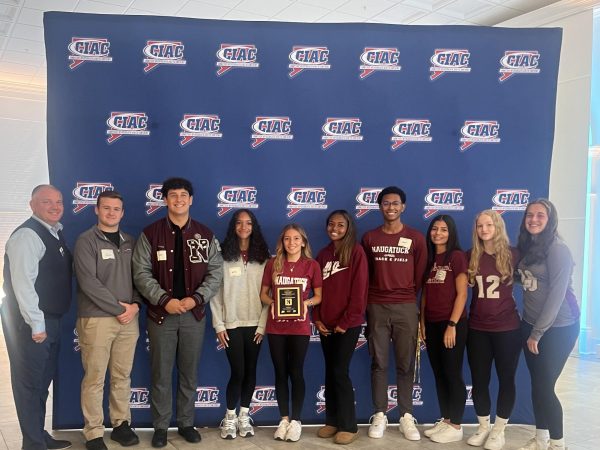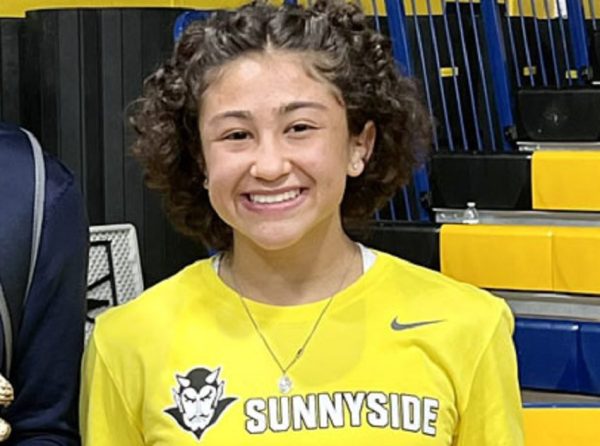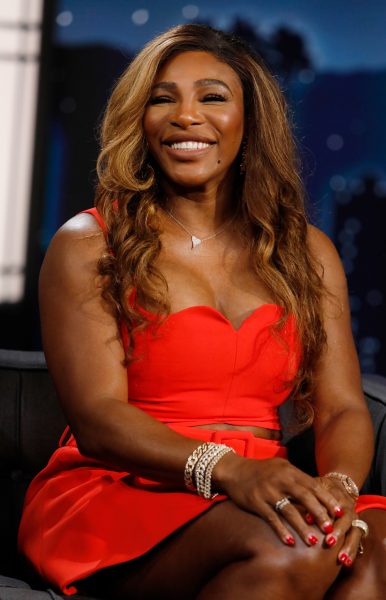For Black History Month, we celebrate award winning director Ava Duvernay
In honor of Black History Month, many African-Americans are acknowledged for their exceptional work. Ava DuVernay stands out because of her work ethic and achievements.
Ava DuVernay is an African-American filmmaker and film distributor. She has won over 10 awards for her outstanding work. Some of her most notable works are Selma, “When They See Us”, 13th, and A Wrinkle in Time.
DuVernay’s films tackle important aspects of African-American history and many of the current issues facing black communities that are often overlooked.
Her movie A Wrinkle in Time earned her recognition as the first African-American woman to direct a film with a budget of over 100 million.
At the University of California, she was not a film major. She studied English and African-American studies. Initially, she wanted to be a journalist, but a career change to film marketing and publicity at thirty-two transformed the course of her career.
DuVernay did not pick up a camera until she was thirty-two, which sends a powerful message that it is never too late to chase our dreams.
In 2017, she earned an Oscar nomination for her documentary 13th on Netflix, which examines racial inequality in America’s prison system. While she did not win the award, the nomination gave her a larger voice in film culture. In a field dominated by men, she is putting her “ blood into these films” to make a difference.
The documentary13th on Netflix is an eye-opening film. It features many experts both white and black who speak about racial inequality in prisons in the United States. The film includes Angela Davis, David Keene, Michelle Alexander, and a few other actors.
Historically, in 1865, the thirteenth amendment abolished slavery. It states, “Neither slavery nor involuntary servitude, except as a punishment for crime whereof the party shall have been duly convicted, shall exist.” White supremacists found a loophole in the amendment and began arresting African-Americans for minor crimes to keep the system of wrongful bondage.
As of 2016, 2.3 million people in the United States are incarcerated. In 2013, a census revealed that black men account for thirty-seven percent of the prison population. Black men are overrepresented as felons in U.S media just as they were during Jim Crow laws.
Furthermore, a 2014 study of late-night news outlets in New York City found that the media reported on murder, theft, and assault cases in which black people were suspects at a rate that exceeded their actual arrest rates for these crimes.
“When They See Us” is a limited series on Netflix about five young boys of color that were arrested in the spring of 1989 and coerced into confessing to a brutal attack of a white woman in Central Park.
The young boys were Kevin Richardson, 14, Raymond Santana, 14, Antron McCray, 15, Yusef Salaam, 15, and 16-year-old Korey Wise.
They were interrogated for at least 7 hours without their parents and the DNA evidence from the semen did not match any of the boys. The prosecutors of the case relied solely on the coerced testimonies.
After two trials, the five teenagers were found guilty of attempted murder, rape, assault and robbery, and were convicted to six to thirteen years in prison. Four of the teens were tried as minors and sentenced to five to 10 years in a youth correctional facility, where they could be held until they turned 21.
Initially, Korey Wise was not a suspect, he only went to the police station to support his friend, Yusef Salaam. However, Wise was sentenced five to fifteen years in an adult prison. He ended up spending more time incarcerated than any of the other men.
In 2002, they were exonerated by a Supreme Court Justice only because serial rapist and murderer Matias Reyes confessed to the crime. They sued the City of New York for malicious prosecution, racial discrimination, and emotional distress, but they did not receive a settlement until twelve years later. In 2014, the men were awarded $41 million.
DuVernay’s take on the case highlighted the black voice. “The film enabled me to learn more from the perspectives of the men involved and gave me a clearer picture of what innocent men had to endure,” said Nailah and Shravani.
When asked why DuVernay did not name the series “Central Park 5,” she stated “It felt like something that had been put upon the real men by the press, by the prosecutors, by the police. It took away their faces, it took away their families, it took away their pulses and their beating hearts.… We need to know them and say their names.”
She also named them “The Exonerated 5” because she believed that they shouldn’t have been named based on what they allegedly did, rather what happened to them.
In an interview with Oprah, DuVernay stated “The real thing that we are all trying to do, all the artists who collaborate with me…our real goal is to be able to say, ‘Go America. Let’s do this. Let’s change this.’ You can’t change what you don’t know, so we came together to show you what you may not know. Now that you know, what will you do? How will you change this? That’s our goal.”
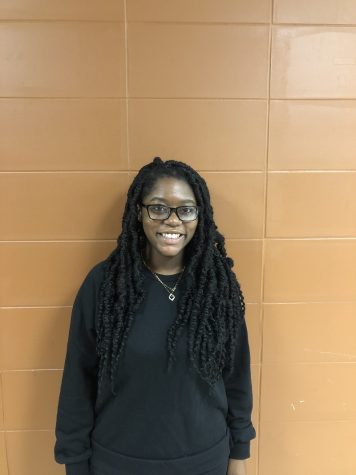
I am a senior in Journalism 3. I plan to be a neurologist and I decided to take journalism again because I love writing about topics I'm passionate about...



